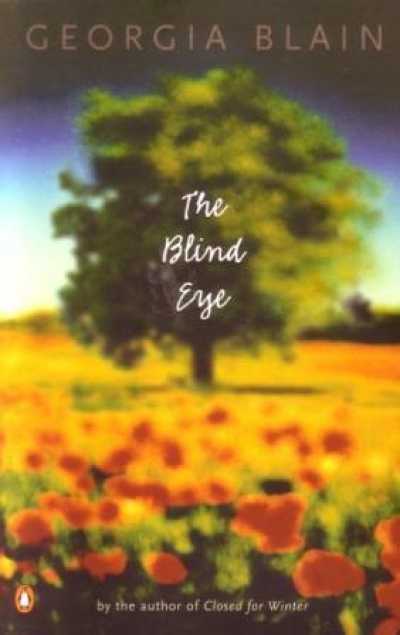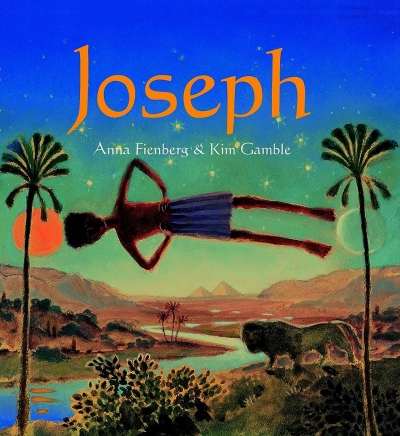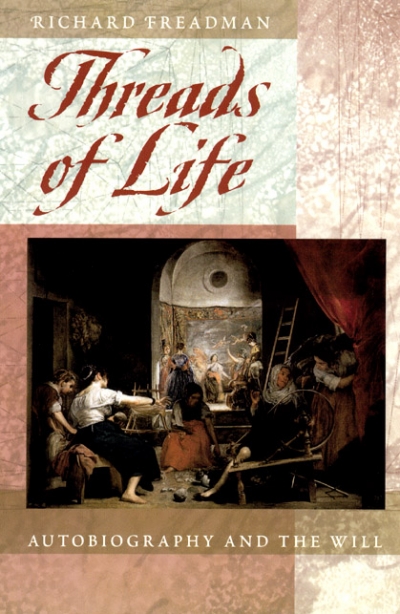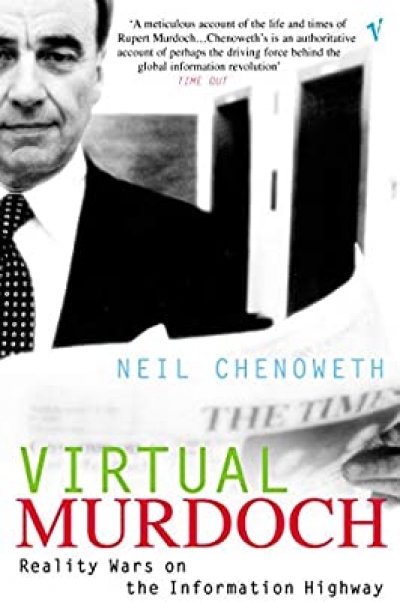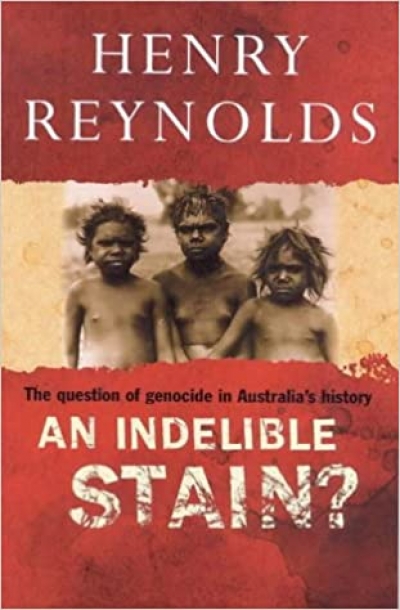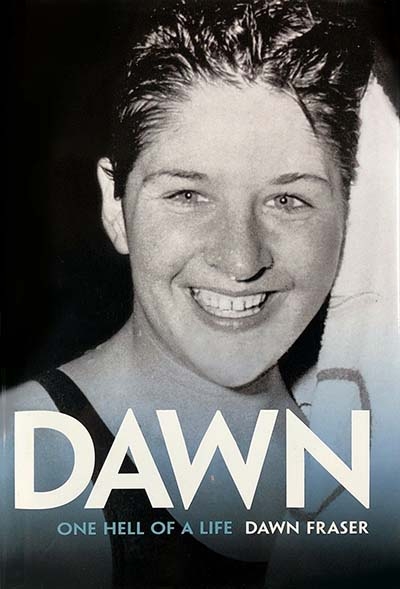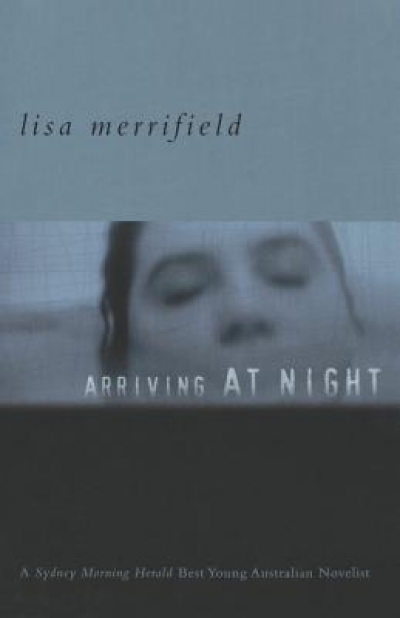Archive
The Blind Eye by Georgia Blain & Bella Vista by Catherine Jinks
The picture book format is the workhorse of children’s literature. It is expected to entertain and enlighten audiences ranging from infants and toddlers to young adults. Eric Carle’s The Very Hungry Caterpillar, the quintessential picture book for very young readers, introduces some basic concepts through simple text and colourful collage. At the opposite end of the spectrum, Isobelle Carmody’s fantasy novel, Dreamwalker, published earlier this year with illustrations and design by graphic artist Steven Woolman, has sophisticated teen appeal.
... (read more)Dear Editor,
Defending Inga Clendinnen against my criticisms (ABR, July 2001), John Clendinnen attributes to her a controversial view about the nature of moral judgment. I don’t hold it and, if I were to judge solely by her practice, I would be surprised if she does. Be that as it may: I’ll try to put my points by keeping philosophical assumptions down as much as possible.
Threads of Life: Autobiography and the will by Richard Freadman
Virtual Murdoch by Neil Chenoweth & Working for Rupert by Hugh Lunn
An Indelible Stain?: The question of genocide in Australia’s history by Henry Reynolds
Rhetoric has a bad name. And for good reason. Not only does it suggest insincerity and verbal manipulation, it also has a strong odour of scholasticism about it. It is with some trepidation, therefore, that I turn to ancient rhetoric to urge upon you two terms I find useful in thinking about contemporary Australian poetry. I will make it as palatable as I can and hope it doesn’t choke going down. Whether it is nourishing or not, I leave you to decide.
... (read more)
